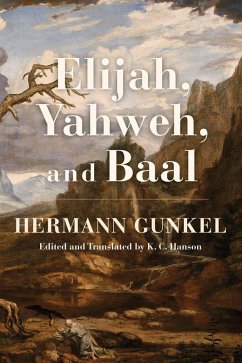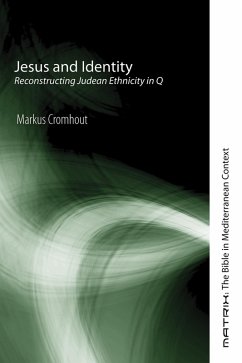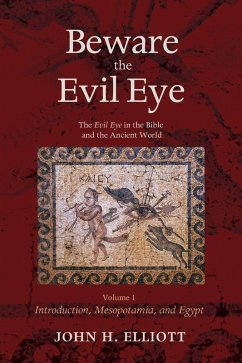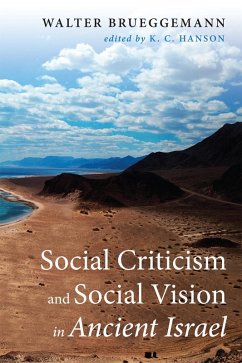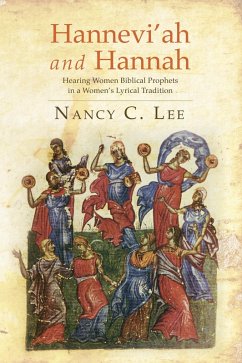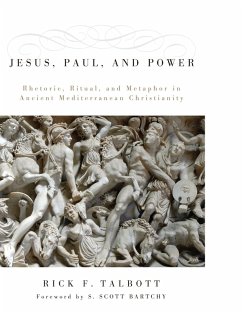Though many Old Testament scholars prefer no longer to speak of the Elohist source in the Pentateuch, Gnuse seeks to defend the existence of this pentateuchal tradition by responding to scholarly critics, isolating texts belonging to the source and offering a theological assessment of these texts. Dream reports in ancient Near Eastern texts from the seventh and sixth centuries BCE bear striking familiarity with the biblical dream reports in the Elohist. Prophetic narratives in the books of Samuel and Kings appear to have inspired the subsequent creation of the Elohist narratives in the Pentateuch. Thus, Gnuse situates the Elohist tradition in the seventh century BCE after the fall of the state of Israel in the north in 722 BCE, which is a later date than scholars have attributed to this source in the past. Because of this setting the Elohist texts may be assessed differently than they have been in the past. The texts might have spoken to exiles from the northern state with themes that bespeak devotion to one God, hope of restoration, and absolute obedience to a transcendent deity who is revealed through dreams, fire, and prophets. The author also ponders what these texts say to our modern age.
Dieser Download kann aus rechtlichen Gründen nur mit Rechnungsadresse in A, D ausgeliefert werden.



